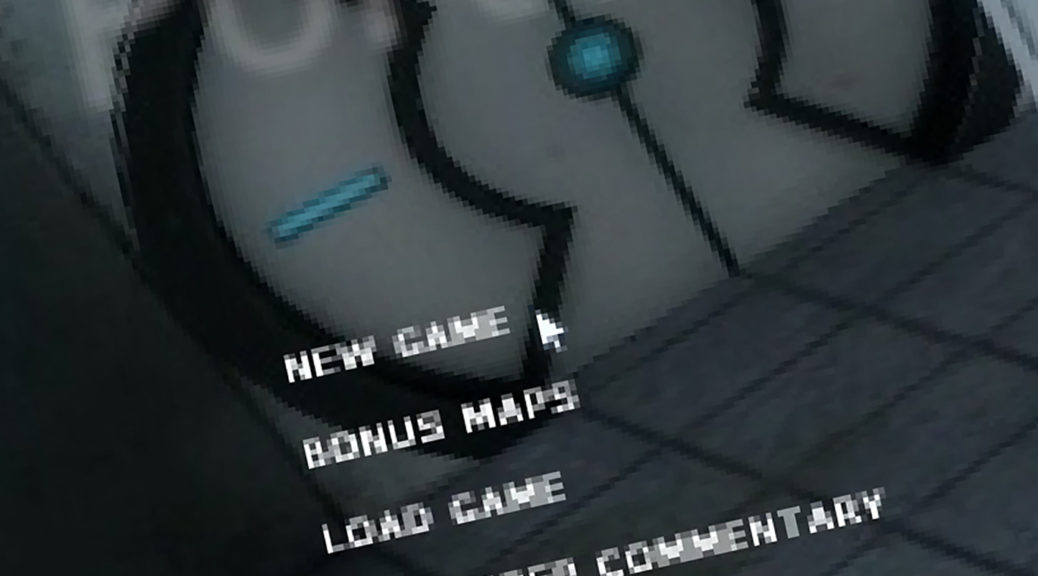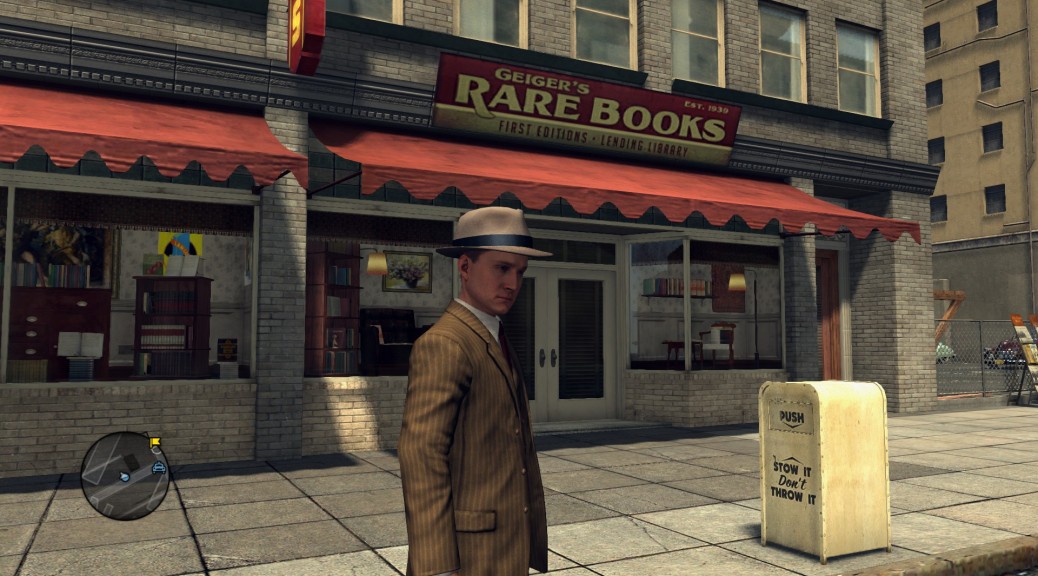Happy new year!
While it’s generally too hot to think at this time of year in Sydney, I have set myself the task of finishing my thesis in the next couple of months. Why that is inspiring me to write blog posts instead of chapters is beyond the scope of the current study.
Twitter reliably informs me that the ludomusicological year is off to another flying start with the fourth annual North American Conference on Video Game Music held over the weekend in Austin, TX, USA. If you were (like me) unable to attend, the Twitter hashtag #NACVGM is definitely worth perusing. It sounds like there were some fascinating papers presented, and it’s always great to kick off the year with a flurry of ideas.
In related news, the Society for the Study of Sound and Music in Games (SSSMG) was launched late last year — a collaborative community formed from the Ludomusicology Research Group, NACVGM, and Audio Mostly. It’s a hub for ludomusicological resources and discussion the world over. Get on over and check it out!
My own year is starting a little slower. The Christmas break was relatively quiet for me from a gaming perspective, being away from Sydney with only my old laptop and with lots of people to hang out with. One new thing was that my brothers in law and I made a game. We held a very informal game jam with just us, and built a third person puzzle game in UE4. I built a level or two, but my main task was audio. I scrounged and spliced together some audio files and gave the game a soundscape — fairly rough, but serviceable. And by all accounts, the 16 bar looped score that I composed in an hour was super annoying and therefore “good video game music”. A lot of the levels were really hard, and the music was ultra cheery, and that combination is all kinds of evil. All told, quite fun.
Over the last few days I’ve been working towards a thesis case study (on blurred boundaries between sound effects and music) by playing through Portal 2 and then Portal for comparison. I played through Portal in one sitting the other day. I ended up with one of the worst cases of what I call “gamer brain” that I’ve ever had (what others may call “motion sickness”, but I only get it when I play games; not a reference to gamergate, etc.). Half-Life 2 and its derivatives seem to have a knack of messing with my inner ears like that. Any ideas on how to avoid it?
Also, I’ve just listened to the soundtrack for Quake, which I had never heard before. I played the first episode of Quake over and over again when I was young, on a 486 DX2 that really couldn’t handle it. The first episode was shareware, and I’ve never yet played through the full game with an original CD; like quite a few games of the pre-MP3 CD-ROM era, the music was played straight from tracks 2+ of the game disc. So, Quake for me was never musical. It was sparse, sci-fi, horrific, ambient. I’ve assumed for a while that the soundtrack was something like that of Quake II with heavy metal all over the place, and so have been concluding that my cautious play style (which has lead to me being better at playing things like Skyrim and Portal than Quake III or Call of Duty in its later multiplayer forms) was at odds with the intended experience. But listening to the soundtrack now, I see that’s not necessarily the case — the music is really quite dark and fairly spooky in a sci-fi way. I’m quite surprised, and doubly so — perhaps I’m used to series like The Elder Scrolls and Halo and Portal and Half-Life where the aesthetic differences between games in the series are more nuanced, but the leaps in aesthetic styles between Quakes 1 through 3 are fairly stark in comparison. Is that a common thing in game series where the story is less prominent?
One last thing for now: Games with CD audio music can produce some unintended-yet-interesting soundtracks. Forget to put the game CD in the drive, and voila, your Age of Empires gameplay is forever associated with A Perfect Circle’s Thirteenth Step, track two and onwards.
Anyway, notwithstanding my inability to update blogs on a regular basis, I’ll try to keep this updated with thesis completion info and other thoughts. Laters!


